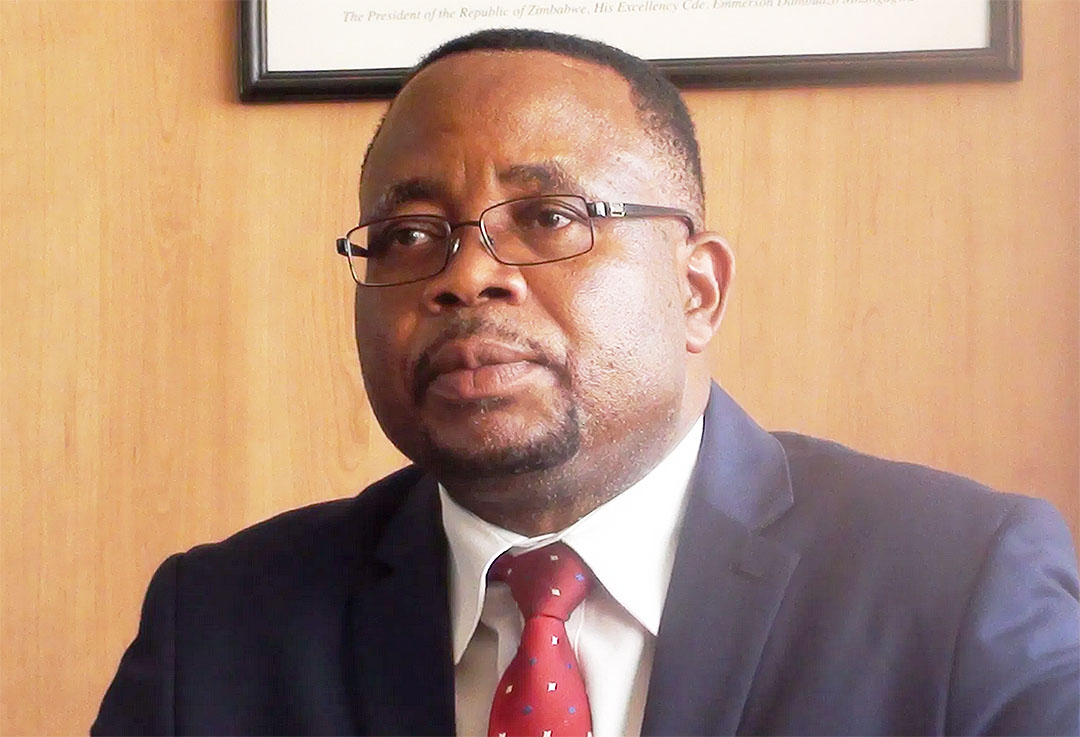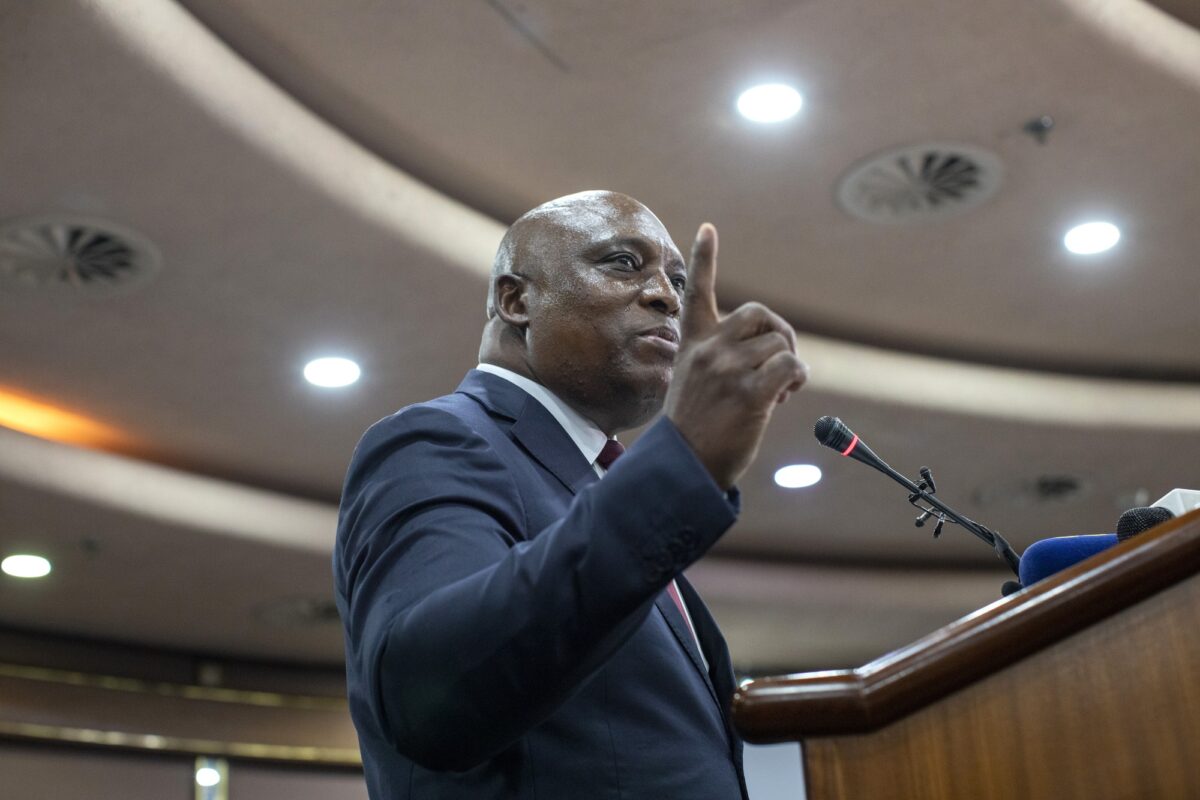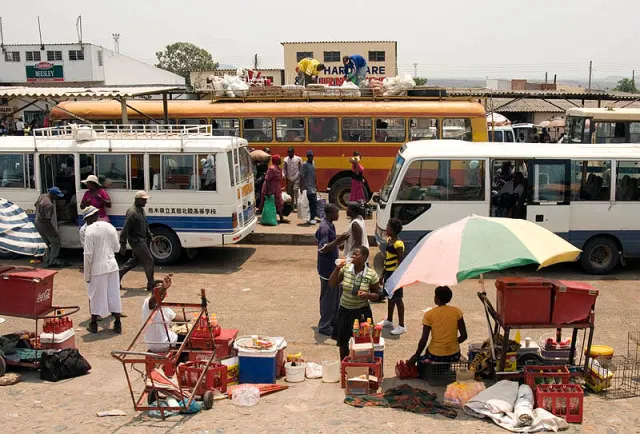HARARE – Legal think tank Veritas has slammed the Ministry of Public Service, Labour and Social Welfare for squandering its 2021 budget and failure to relay donated equipment to targeted recipients who need state assistance to survive.
This follows revelations the ministry failed to exhaust its share allocated in the year 2021 budget even when there were millions in the country who desperately required forms of assistance.
According to the Report on Appropriation Accounts, Finance, and Revenue Statements and Fund Accounts by Auditor General Mildred Machiri, thousands of Zimbabweans who qualified to receive welfare assistance were left out of cash transfer programmes while donated equipment was allowed to gather dust at provincial stations with resources not properly utilised.
In its latest publication, Veritas noted that the ministry had surplus funds by year-end 2021 despite a large number of less privileged citizens requiring assistance.
“Ministry failed to fully utilise its allocated budget. The Ministry was allocated a total of ZW$7,382,629,000 in the 2021 financial year and its total expenditure was ZW$5,867,713,446.
“This means at the end of the year, the Ministry had ZW$1,515,915,554 that was unspent, which is disturbing considering how many families, pensioners and persons living with disabilities had to go without food at the height of the COVID-19 pandemic, and how many schoolchildren had to leave school through non-payment of fees,” said the group.
On education assistance, the ministry failed to make appropriately authorised and accurate payments.
“The Auditor-General noted that the Ministry did not follow laid down procedures in paying school fees under the BEAM programme, which is designed to facilitate enrolment of orphaned and vulnerable children in school by paying their school fees, school levies and exam fees,” said Veritas.
Some schools had been overpaid, according to the report.
“The Ministry made overpayments amounting to $794,842 under the BEAM programme, to a number of schools due to lack of scrutiny of invoices upon payment,” said Veritas.
In response, the Ministry said that the overpayments were being recovered.
Veritas however argues that the fact that some schools were overpaid meant deserving children at other schools may have been unable to get much-needed assistance from the BEAM programme.
In addition, 120 motorbikes, which UNICEF donated to the Ministry in 2015, were recovered lying idle at provincial offices.
The Auditor-General noted that underutilisation of available resources could result in the ministry failing to realise its goals.
The think tank also highlighted the Vulnerable Urban Persons Fund, which was established in 2020 to provide social safety nets in the form of cash transfers to vulnerable persons who could not work because of the Covid-19 lockdown.
The selection process of the beneficiaries of the fund was both haphazard and opaque.
The Fund was allocated a total of ZW$98,000,000 in the 2020 financial year but utilised only ZW$90,075,112, leaving a balance of ZW$7,924,888 that was not distributed to beneficiaries.
Veritas said the Social Welfare Ministry was a repeat offender.
“The Auditor-General made a worrying note that the Ministry had not addressed most of the issues raised in the previous financial year. Of the seven issues raised, the Ministry had addressed only one; three were partially addressed, and three had not been addressed at all.
“For example; double payments dating back to 2018 had been partially recovered, but more double payments were made in 2021.
“Expenditure reconciliations were not done again in 2021, payment vouchers were again not submitted for audit and for the third year running the Ministry did not have an information technology policy or an IT plan.”
Veritas implored the Ministry to be more cautious.
“The Ministry of Public Service, Labour and Social Welfare is responsible for managing and disbursing many billions of dollars – its allocation in the budget for 2023 will be ZW$91,620,309,000.
“This is a heavy responsibility because millions of people in the poorest and most vulnerable sections of our society depend for their survival on government funding and assistance disbursed by the Ministry.
“Those people are the ones who suffer most if the Ministry wastes, misappropriates or fails to disburse its funds,” said the think tank.















